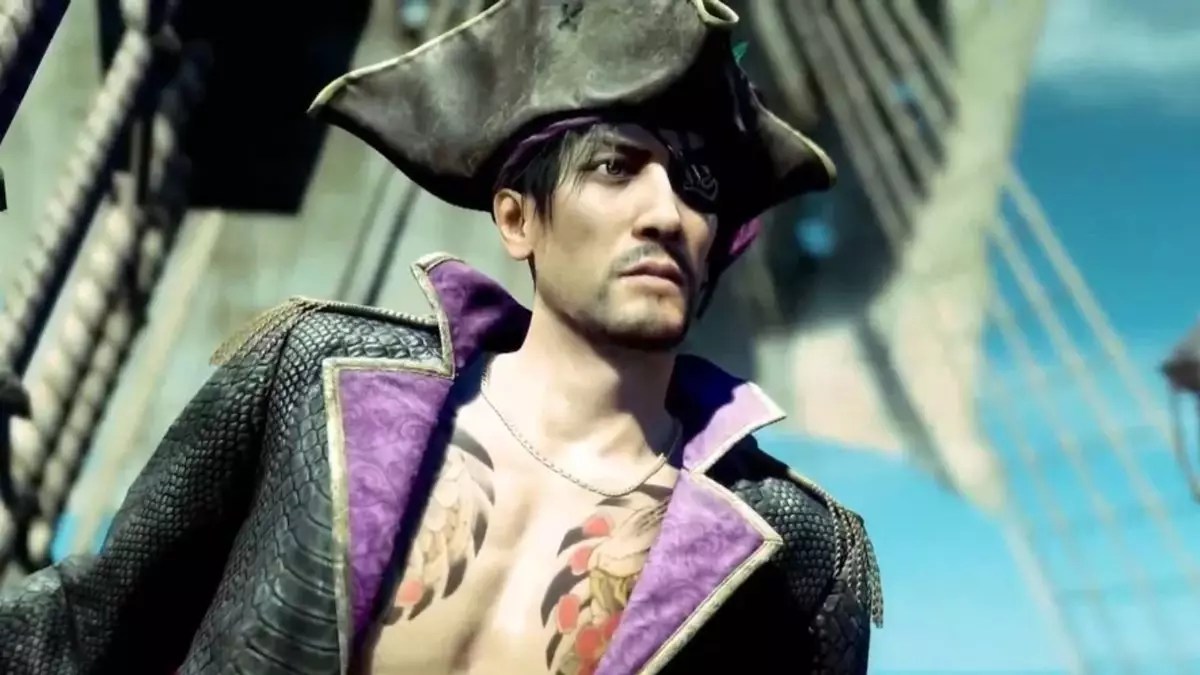The gaming world has long been captivated by the ability of RGG Studio to deliver high-quality Yakuza titles on an almost clockwork schedule. In a landscape where triple-A games can linger in development for over five years, the upcoming release of “Like A Dragon: Pirate Yakuza in Hawaii” serves to highlight RGG’s impressive commitment to their franchise. Arriving just a year after the much-anticipated “Like A Dragon: Infinite Wealth,” the sixth Yakuza entry is a testament to RGG’s dedication to providing joy and immersion for their fans within a short timeframe.
What sets Yakuza apart from other franchises is its ability to iterate rather than completely overhaul its core experiences. This is a noteworthy divergence from the gaming industry’s norm, where many franchises feel compelled to reinvent themselves with each release. Michael ‘Cromwelp’ Douse, the director for Baldur’s Gate 3, emphasized this point, labeling the Yakuza design philosophy as “genius sh*t.” He correctly notes that the series embodies a “fractal design,” fostering economic efficiency and community engagement through its method of persistence and renewal. This strategy not only keeps the costs manageable but also helps maintain a loyal fan base, making it an model worth emulating.
While franchises like Call of Duty and Just Dance continue to populate the gaming calendar with annual releases, the practice has diminished substantially for many major series. Previous titans like Halo have found themselves retreating from this model, and the Assassin’s Creed series has also slowed its pace considerably. With rising development budgets and increased player expectations for evolution, the industry has drifted away from rapid installment proliferation. RGG, however, serves as an exception, building upon its well-established mechanics while keeping the essence of Yakuza alive.
A Closer Look at Yakuza’s Design Choices
One of the reasons for RGG’s success lies in its skilful recycling of assets and gameplay elements, from locations to even minigames. Studio director Masayoshi Yokoyama has candidly pointed out how Yakuza does not shy away from using prior resources; it embraces them creatively. This practice is evident in the new title, which will utilize the very Hawaiian setting introduced in Infinite Wealth. Common conventions dictate an overhaul with each iteration, but the Yakuza approach is clearly countercultural.
Even amidst this continuity, players can look forward to new features—in this case, the introduction of a jump button. While it may seem a small stride, it indicates a willingness to embrace change, catering to the innovation-hungry nature of modern gamers who thrive on fresh experiences. This balance between preserving the soul of Yakuza while allowing for thoughtful upgrades enriches the overall gameplay, inviting new and old fans alike to explore the intricacies of the franchise.
The upcoming release of “Like A Dragon: Pirate Yakuza in Hawaii,” set against the backdrop of a franchise that values both its history and its evolution, showcases a commendable business strategy. RGG Studio effectively merges continuity with innovation, affirming that consistency doesn’t have to mean stagnation. Rather, it can lead to a vibrant and engaging experience for gamers yearning for a mix of nostalgia and novelty.


Leave a Reply